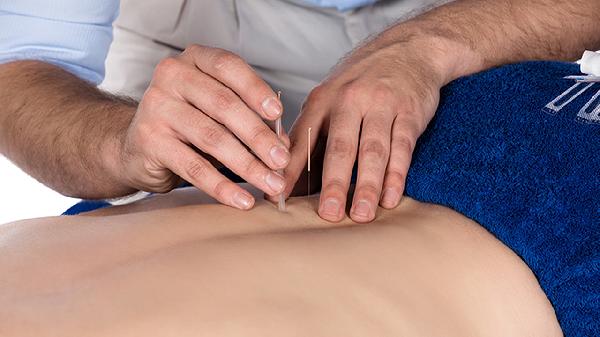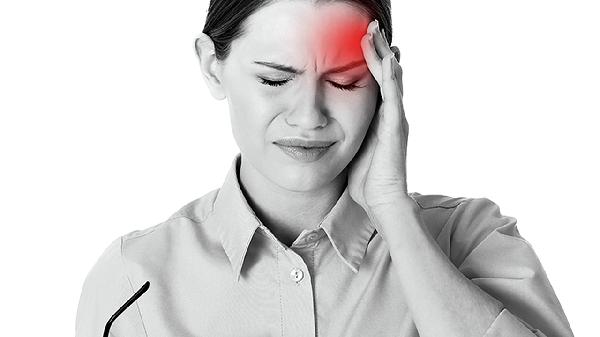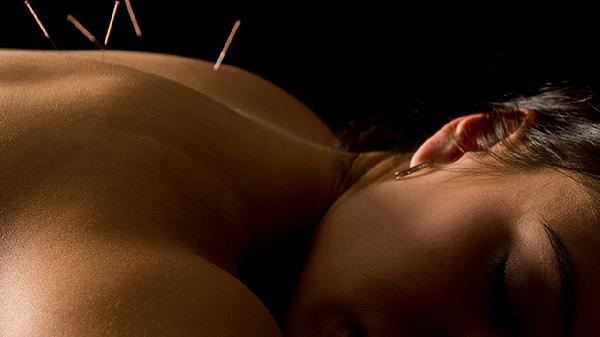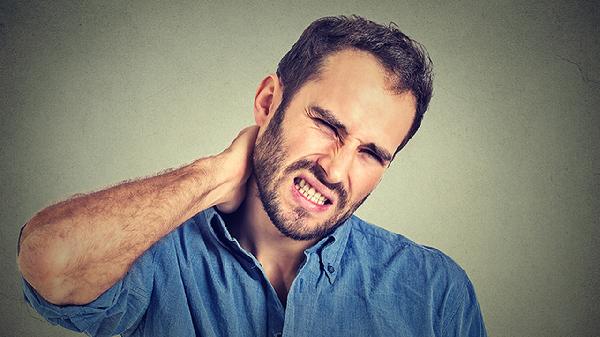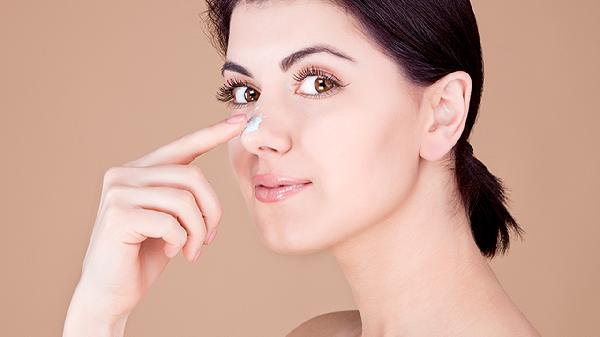Acupuncture can potentially alleviate tinnitus symptoms for some individuals, though its effectiveness varies depending on the underlying cause and severity of the condition. Tinnitus, characterized by persistent ringing, buzzing, or hissing sounds in the ears, can be challenging to treat. Acupuncture, a traditional Chinese medicine practice, involves inserting thin needles into specific points on the body to restore balance and promote healing. While research on its efficacy for tinnitus is mixed, many patients report reduced symptoms and improved quality of life after treatment.
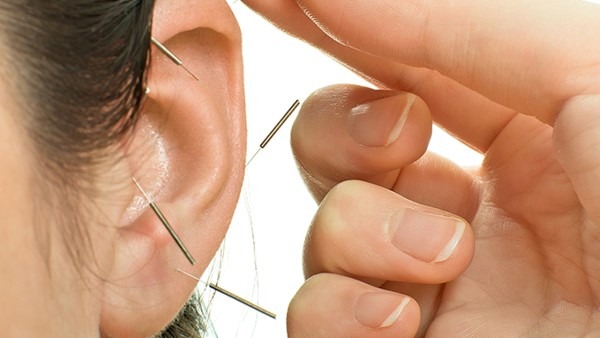
Understanding Tinnitus and Its Causes
Tinnitus is not a disease but a symptom of an underlying issue, such as hearing loss, ear infections, exposure to loud noises, or circulatory disorders. Stress, anxiety, and certain medications can also contribute to its development. The persistent nature of tinnitus can lead to sleep disturbances, difficulty concentrating, and emotional distress, making effective treatment essential.
How Acupuncture Works for Tinnitus
Acupuncture is based on the concept of Qi (energy) flowing through meridians in the body. Disruptions in this flow are believed to cause health issues, including tinnitus. By stimulating specific acupuncture points, practitioners aim to restore balance, improve circulation, and reduce inflammation. For tinnitus, common points include those around the ears, neck, and head, as well as points associated with the kidneys and liver, which are thought to influence ear health in traditional Chinese medicine.
Scientific Evidence on Acupuncture for Tinnitus
Studies on acupuncture for tinnitus have produced mixed results. Some research suggests that acupuncture can reduce the severity of tinnitus and improve quality of life, particularly for patients with stress-related or idiopathic tinnitus. However, other studies have found no significant difference between acupuncture and placebo treatments. The variability in outcomes may be due to differences in study design, acupuncture techniques, and the diverse causes of tinnitus.
What to Expect During an Acupuncture Session
During an acupuncture session, a licensed practitioner will assess your symptoms and medical history to determine the most appropriate points to target. Thin, sterile needles are then inserted into these points, typically causing minimal discomfort. Sessions usually last 20 to 40 minutes, and multiple treatments may be required to achieve noticeable results. Some patients experience immediate relief, while others may need several weeks of consistent therapy.
Complementary Therapies for Tinnitus
While acupuncture may help, it is often most effective when combined with other treatments. Sound therapy, cognitive behavioral therapy (CBT), and stress management techniques can address the psychological and auditory aspects of tinnitus. Additionally, addressing underlying causes, such as hearing loss or circulatory issues, can enhance overall outcomes.
Tips for Managing Tinnitus Symptoms
In addition to acupuncture, several lifestyle changes can help manage tinnitus symptoms. Avoiding loud noises, reducing caffeine and alcohol intake, and practicing relaxation techniques like meditation or yoga can minimize symptom severity. Maintaining a healthy diet and staying physically active can also support overall well-being and reduce stress, which may exacerbate tinnitus.
When to Seek Professional Help
If tinnitus persists or worsens, it is essential to consult a healthcare professional. An audiologist or ear, nose, and throat (ENT) specialist can conduct a thorough evaluation to identify the underlying cause and recommend appropriate treatments. While acupuncture can be a valuable complementary therapy, it should not replace conventional medical care for serious or progressive conditions.
The Role of Patient Expectations and Mindset
Patient mindset plays a significant role in the effectiveness of acupuncture. Those who approach treatment with an open mind and realistic expectations are more likely to experience positive outcomes. Acupuncture is not a cure-all, but it can be a valuable tool in a comprehensive tinnitus management plan.
Conclusion: A Holistic Approach to Tinnitus Relief
Acupuncture offers a promising, non-invasive option for managing tinnitus symptoms, particularly for those seeking a holistic approach. While its effectiveness may vary, many patients find relief through this ancient practice. Combining acupuncture with other therapies, lifestyle changes, and professional medical care can provide a well-rounded strategy for improving quality of life. If you are considering acupuncture, consult a licensed practitioner to discuss your symptoms and develop a personalized treatment plan. Remember, tinnitus management is a journey, and finding the right combination of therapies may take time. Stay patient, stay positive, and prioritize your overall well-being.
